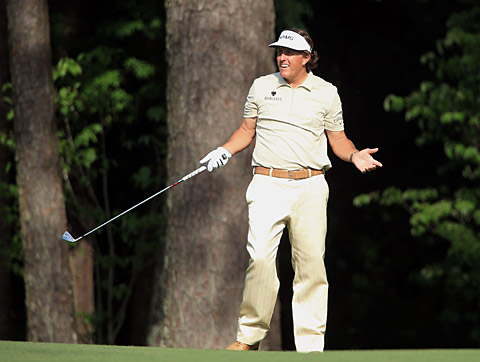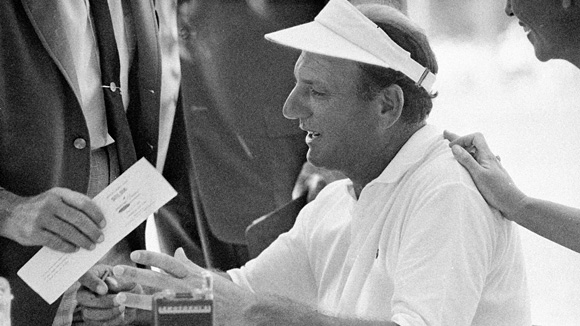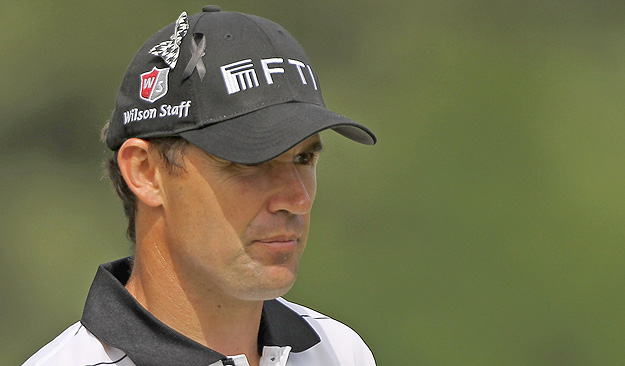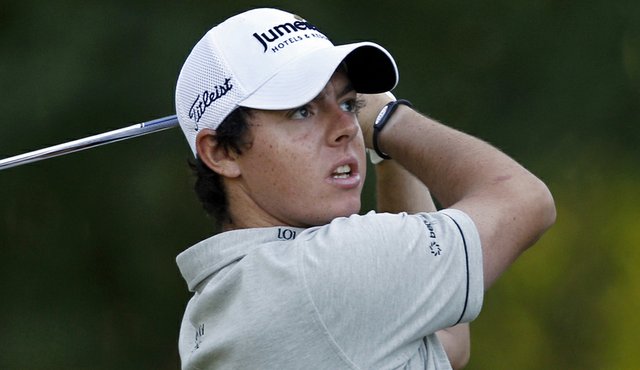44. Masters Preview
MFG Show EP 44 | Golf’s Most Interactive Online Show. On this week’s show we talk ANA Inspiration, Spieth Back In The Winner’s Circle, Drive Chip & Putt, Augusta Women’s Amateur, and it’s Masters Week!
MFG Show EP 44 | Golf’s Most Interactive Online Show. On this week’s show we talk ANA Inspiration, Spieth Back In The Winner’s Circle, Drive Chip & Putt, Augusta Women’s Amateur, and it’s Masters Week!
On tonight’s MFG Show we discuss all things Masters week including:
-Tiger’s historic victory and what it means to the game of golf.
-How Augusta National played this week. Course changes and did it play easy?
-Poor shots hit down the stretch.
-Weather challenges
This is an audio version of our LIVE stream that you can find on Facebook, You Tube, and Periscope. Participate today!
On this episode of the Mike Fay Golf Show we talk all things Masters with Frank Guastella, Brent Davis and Jason Helman.
Line Up Presented By Tifosi Optics
-Augusta National Women’s Amateur
-Drive Chip & Putt National Finals
-Masters Picks
-Are You Hydrated? Brent Davis with a new study that shows most if not all of you are not.
-Frank discusses the new rules and the terminology changes to the rule book.
Follow MFG here today:
Links:
Mike’s Website: https://mikefaygolf.com/
Mike’s FB Page: https://www.facebook.com/mikefaygolf/
Mike’s Twitter: https://twitter.com/mikefaygolf
Mike’s Instagram: https://www.instagram.com/mikefaygolf/


It’s Phil.
Who doesn’t like Phil? I like Phil. I like Phil for who he isn’t (or seems not to be). I like Phil for what he tried to pull off on the par 3 fourth hole where he took a triple bogey. Phil can bounce back from a triple bogey on any course (which he did, by the way, at Augusta) but when competing for his fourth green jacket to tie him with some of the golfing greats, what was he thinking? What was his caddy thinking?
Let me ask you: Do you think Phil was results-driven when attempting to hit his second shot right handed with his club turned around in the brush on the par 3 fourth? This is a trick question by the way.
It seems as though I could write about any golfer in any tournament who may start thinking about results before approaching a critical situation thusly leading to an even worse scenario.
But, here’s where it gets tricky with the mental approach. Remember, I wrote a while back that results oriented thinking is bad? Well, maybe not in this case. The moment may dictate that you step back and assess the complete situation before committing to a shot. This may seem results-oriented (and in a way it is-but that’s ok-back to process). Being the fourth round of a major and a green jacket on the line, if Phil steps away from the situation and thinks about a drop, with his short game, he probably would have bogey-worst case scenario.
Let me put this to you a different way.
You see this type of thinking in baseball, in every game. Watch the pitcher. Watch to see how he pitches to a hitter based upon his match up with the hitter on deck. This is where scouting reports and homework is crucial. Pitchers know weaknesses and strengths of hitters. You typically see, in a tight game situation, where a pitcher will “pitch around” a hitter to get to the next guy who he has had success against. Ah yes, the unintentional-intentional walk.
Phil’s situation and the baseball scenario employ the same basic principles. Ask yourself, what is my best course of action based upon the moment? Walking the hitter who has a .302 average against you to get to a guy who has a career average of .157 against you in a tight spot, is a good play based on the situation.
Or
Taking a drop on the 4th hole, knowing you have 14 more to play with some par 5’s mixed in might have been the good play. Phil knows Augusta better than anyone. His caddy knows Augusta better than anyone (homework, scouting).
In the end, Phil was in the hunt but playing catch-up. Maybe if he took a step back in the weeds on the 4th hole, the story might be different.
So, let me ask you again, do you think Phil was results-oriented when attempting to hit his 2nd shot on the par 3 fourth?
Answer: It’s Phil.
Scott Kapla, Mike Fay Golf Staff Writer
To “follow” Scott on Twitter click here
To follow Scott”s Blog Ed Tech Minute click here
Photo: Golf Digest


"What a stupid I am to be wrong here," De Vicenzo said after realizing his misfortune.
The Masters has been the scene for some of the greatest victories in golf, but it has also been the scene of one of the most crushing defeats due to a golf ruling. In 1968, Argentinean Roberto DeVicenzo, the reigning British Open Champion, finished the final round of the Masters with what seemed to be a 65 to tie for the lead and the promise of a playoff. Tommy Aaron, who kept DeVicenzo’s score, mistakenly marked down a four for the 17th hole instead of a three, which was DeVicenzo’s actual score.
DeVicenzo signed the card, and when he did that, he signed for 66 instead of a 65, thus giving the 1968 Masters to Bob Goalby. DeVicenzo had become the victim of Rule 6-6d which states: “The competitor is responsible for the correctness of the score recorded for each hole on his score card. If he returns a score for any hole lower than actually taken, he is disqualified. If he returns a score for any hole higher than actually taken, the score as returned stands.”

The Masters has also provided other memorable Rules incidents and I will highlight a couple of those for your interest. In 2008, Padraig Harrington penalized himself one stroke because his ball had moved after he addressed it, even though the movement was obviously caused by a gusting wind (Rule18-2b).

Frank Guastella
Michigan PGA Rules Official
Staff Writer for Mike Fay Golf
To “follow” Frank on Twitter click here
To “like” Frank on Facebook click here
Photo Courtesy
AP Photo/Eddie Kolenovsky, Halleran/Getty Images, Associated Press